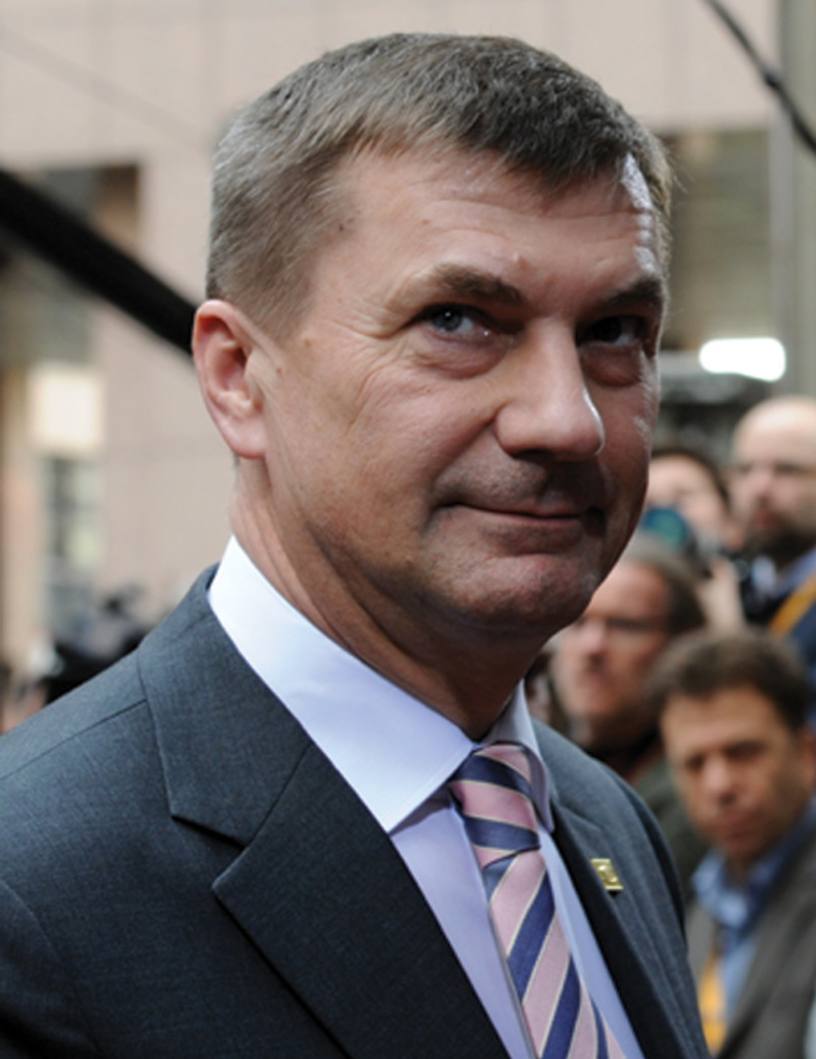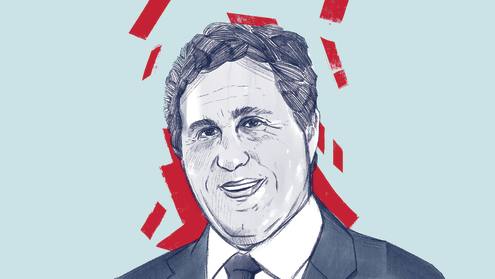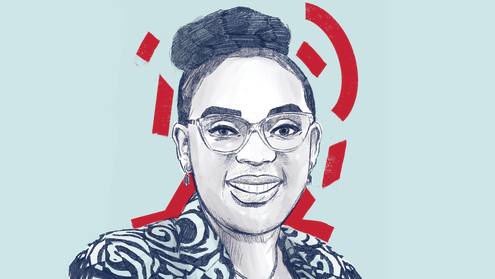Andrus Ansip, prime minister of Estonia, is keen on economic progress based on orthodox strategies and he makes no secret of his aim to reduce taxes for business and the private citizen. “We have got to make the economic environment more business friendly,” he says. He does little to hide his lack of respect for other members of the eurozone who have plunged into deficit financing and sets out his aims in the present times of change.
Editor's choice
“Economic experts all over the world agree that a balanced budget, reserves and as flexible an economy as possible, including a low debt burden, are of key importance in coping with the crisis. A government that starts distributing borrowed money to cover daily expenses has learned nothing from the crisis experiences of recent years,” he says.
Dressed soberly in a red tie, white shirt and a very modest grey suit, this former sailor in the Baltic fleet, back from when his country was part of the Soviet Union, has a broader range of experience than most heads of government. His career embraced spells as an academic at Tartu University and a senior official in the local Communist Party, before going into finance when Estonia quit the expiring USSR in 1991. He successively joined the board of Rahvapank (People’s Bank); became a bankruptcy trustee of the Tartu Commercial Bank, chairman of the fund manager Fondijuhtide, then chairman of Livonia Privatization IF. From 1998 to 2004 he was mayor of his native city, Tartu.
Young talent
As he talks in his office on Toompea Hill, overlooking Estonia’s capital Tallinn, he clearly takes enormous pleasure in leading his 1.4 million fellow citizens in the task of pulling the country into the front rank of electronic states and consolidating its economic power. After all, his small Baltic state is the homeland of Skype, the revolutionary communications system invented by three young Estonians.
He explains the power of the ID card which all Estonians must have. The card unlocks a series of services from registering a company to completing a tax return, from buying a virtual bus or tram ticket, which the ticket inspector can check electronically, to finding a parking space in the city and paying the fee to occupy it. It can also issue an electronic signature.
“About 99% of bank transactions are electronic and 94% of tax returns are made electronically. Tax refunds are back in people’s accounts within five days. That’s a great incentive,” he says.
Electronic revolution
The e-revolution is certainly affecting the way commercial banks do business. With virtually all banking transactions done on the internet at any time of day, Mr Ansip is an strong supporter of ever more uses for the ubiquitous ID card. And as in many other countries, the reign of the cheque in Estonia is coming to an end.
Having survived a serious foreign attack on the integrity of their electronic systems in 2007, Estonians say that they cannot only run an e-government but that they can also defend it. The idea of a Co-operative Cyber Defence Centre of Excellence in the context of NATO was put forward by Estonians in 2004. Mr Ansip says it is now working in Estonia employing a number of experts in the field and providing NATO member states throughout the world with the necessary expertise in cyberdefence.
For a former communist, the prime minister is surprisingly fanatical about balanced budgets. Although he stops short of criticising the Greek or any other government, he makes it clear that economic practices of southern European countries are very different to those in the Baltic. Underlining once more his support for state frugality, he says: “People have got to balance their books. That’s all there is about it. Voters don’t trust you if you don’t balance the books.”
Mr Ansip points to the debt of the Estonian government, well under 10% of the gross national product and the lowest in the EU. It is smaller than Luxembourg’s, a mere fraction of the EU average, which approaches 80% and tiny when compared with more than 120% in Greece.
Andrus Ansip is prime minister of Estonia












